This volume collects essays relating to the interface of information, communication, and technology in India–from the early period to the present. The twenty-first century is widely recognised as the era of information and communication revolution, which in turn has been primarily attributed to the spectacular progress in technology. However, such a revolutionary and momentous change has its roots in history, culture and the society in which it takes place. The volume meticulously tracks down the process in a multiverse site like India by weaving the past and the present, treating them in ruptures as well as continuities. While revealing that technological innovations and practices date back to pre-modern times, the volume also challenges the conventional wisdom that such interface is a gift of modernity. The contributors to the volume, scholars with diverse disciplinary backgrounds, offer innovative approaches in re-engaging themselves with a theme that is as much a part of our heritage as it is of current relevance. The issues and questions posed here while enriching the understanding of administrators, social workers, journalists and lay readers will also lead to further academic research. The volume will be essential reading for students and teachers of history, mainstream social sciences, cultural and gender studies.
ABOUT THE AUTHOR Amiya Kumar Bagchi
Renowned economist and historian Amiya Kumar Bagchi was educated at Presidency College, Calcutta, and Trinity College, Cambridge, UK. He has taught and researched at Presidency College, Calcutta; University of Cambridge, UK; Cornell University USA; University of Bristol, UK; Maison des Sciences de l'Homme, Paris; Roskilde University, Denmark; and University of Naples, Italy. He has been director of the Centre for Studies in Social Sciences, Calcutta. Professor Bagchi has authored Private Investment in India 1900-1939 (Cambridge University Press, 1972), The Political Economy of Underdevelopment (Cambridge University Press, 1982), Public Intervention and Industrial Restructuring in China, India and Republic of Korea (ILO, ARTEP), and a four-volume history of India's oldest and biggest commercial bank, State Bank of India (published by Oxford University Press and Sage). He has edited, among others, the following volumes: (with Nirmala Banerjee) Change and Choice in Indian Industry (1981), New Technology and the Workers'Response (1995), Economy and Organization: Indian Institutions under the Neo-liberal Regime (1999), Democracy and Development (1995), and (with R. Bhargava and RL Sudarshan) Multiculturalism, Liberalism and Democracy (1999).
ABOUT THE AUTHOR Barnita Bagchi
Barnita Bagchi obtained a BA in English Literature from Jadavpur University, Kolkata, India, and MA from St. Hilda’s College, University of Oxford (where she was a Hewitt Exhibitioner), and a Ph.D. from the Faculty of English, University of Cambridge. While at the University of Cambridge, she coordinated the Gender and Literature seminar. Since her college days she has worked actively with feminist institutions and activist organizations, notably at the School of Women’s Studies, Jadavpur University, and Majlis, Mumbai. She is also a translator of Bengali literature into English. Currently a member of faculty at the Indira Gandhi Institute of Development Research, Mumbai, she teaches and researches a range of issues at the interface of gender, education and development, in contemporary India, early twentieth-century Bengal and Romanatic-era Britain.


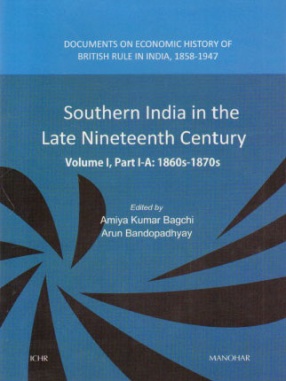
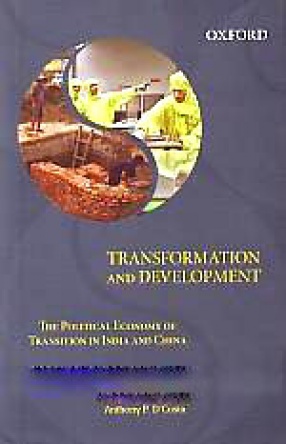
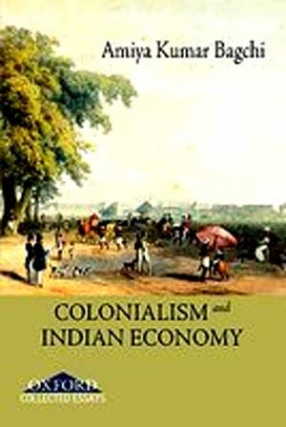
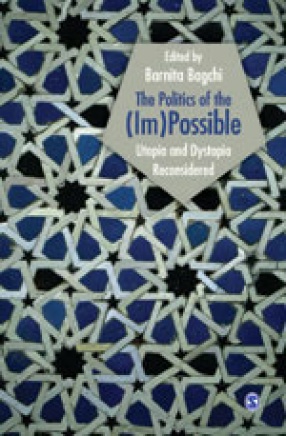

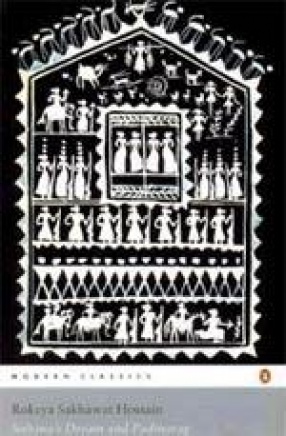
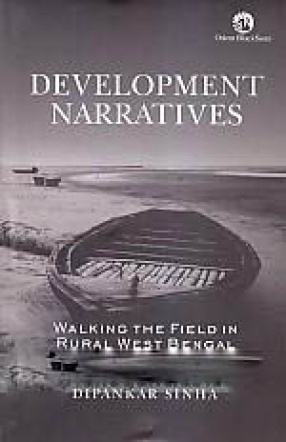
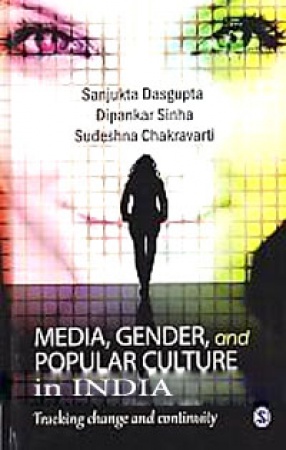
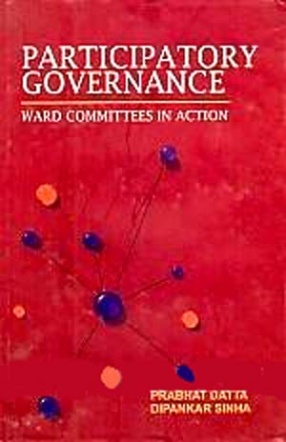


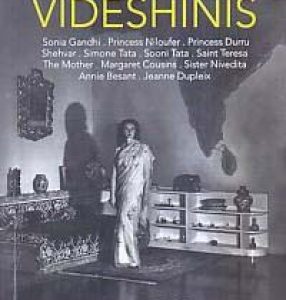
There are no reviews yet.